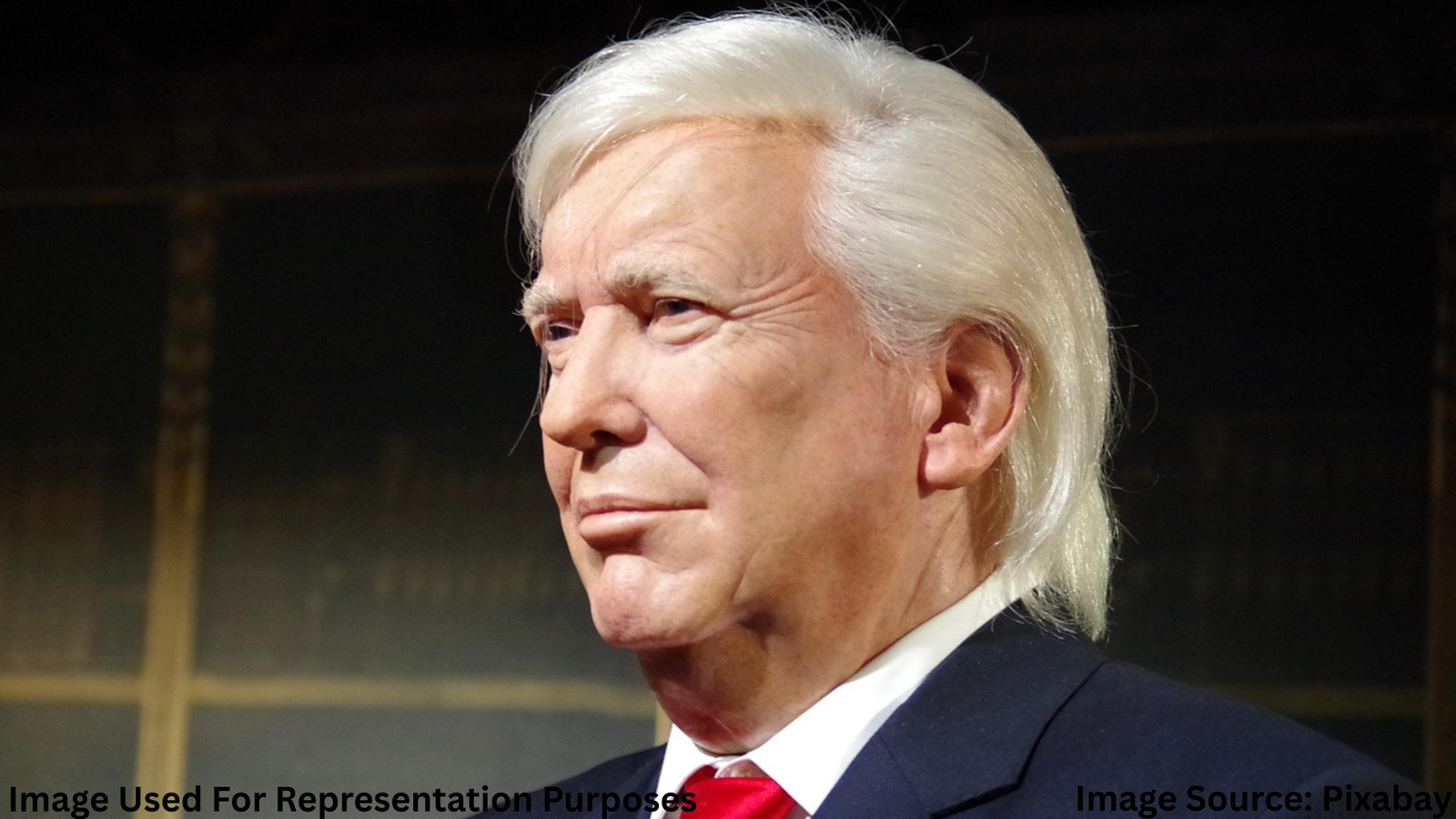
Introduction: Why the Trump Trade Deal Matters
The Trump Trade Deal Europe headline has grabbed global attention for a reason. In a world where protectionism and strategic alliances shape economic policies, the recent move by Europe to accept a trade deal spearheaded by former U.S. President Donald Trump seems both bold and calculated. This decision was not made in isolation—it’s driven by economic need, political calculations, and geopolitical anxieties. But beneath the headlines lies a deeper story of compromise and long-term foresight.
Understanding the Context Behind the Deal
When Trump was in office, his administration pursued aggressive trade policies—slapping tariffs, renegotiating agreements, and pressuring allies. The European Union, traditionally cautious in its diplomatic responses, resisted many of Trump’s demands back then. But times have changed. The war in Ukraine, global inflation, and growing Chinese economic influence have forced Europe to rethink its strategies. Accepting the Trump Trade Deal Europe once opposed has become a survival strategy in a shifting global landscape.
What Europe Really Worries About
Behind the scenes, Europe isn’t just thinking about the trade numbers. There are multiple layers of concern:
- Energy Security: Following the Russia-Ukraine war, the EU has struggled to find stable energy sources. Reengaging the U.S. could stabilize supply chains.
- China’s Rise: As China increases its influence in Africa, Asia, and even Eastern Europe, the EU is desperate to maintain a strong Western alliance.
- Economic Instability: Inflation, supply chain issues, and a sluggish post-COVID recovery make economic partnerships more urgent than ever.
Why Europe Agreed to the Trump Trade Deal
Europe’s acceptance of the Trump Trade Deal Europe is about more than trade. It’s about survival and leverage. Let’s break down the key motivations:
Economic Realism
The EU needed to stabilize its economies quickly. A favorable U.S. deal could mean billions in increased exports, lower tariffs, and quicker recovery for struggling sectors like agriculture and automotive manufacturing.
Political Strategy
With internal political fragmentation—France battling protests, Germany losing industrial dominance—the deal allows leaders to show tangible progress to skeptical voters. It’s political capital in a difficult time.
Preventive Diplomacy
Europe’s leaders know Trump could return to the White House. By aligning now, they hedge against future disruptions and try to get on his good side early.
Real-Life Reactions from the Business Sector
“We’ve waited years for reduced barriers on steel and aluminum exports,” said Klaus Huber, a German trade unionist in Hamburg. “If this deal helps that, I say bring it on.”
Small businesses have also started reworking their logistics plans. According to Maria Gatti, an Italian textile entrepreneur, “With fewer tariffs, I can compete with Asian producers again. This changes the game.”
A Political Gamble for the European Union
Not everyone is thrilled. Green parties across Europe argue that the deal undermines climate commitments. Human rights groups worry that caving to Trump’s demands sets a dangerous precedent. But the EU Commission insists that environmental and labor clauses were protected during negotiations, though some critics remain unconvinced.
“This is about pragmatism, not ideology,” said Ursula von der Leyen, EU Commission President. “The deal reflects the complexity of today’s world.”
From a European Citizen’s Perspective
As a French citizen, I remember walking past shuttered factories in Lille and wondering if things would ever improve. The Trump Trade Deal Europe embraced may not fix everything, but people are hopeful. It reminds me of the post-Brexit days—full of uncertainty, yet brimming with opportunity for change. And hope, sometimes, is all we need.
What the Future Could Look Like
The Trump Trade Deal Europe has accepted may just be the beginning of a larger transatlantic realignment. It’s likely we’ll see increased U.S.-EU cooperation in areas such as:
- Joint energy development (especially liquefied natural gas)
- Technology regulation and digital markets
- Defense manufacturing and NATO procurement policies
Yet, all of this hinges on stability—something that has become a luxury in global politics. The deal may also inspire other countries to revisit stalled trade talks, knowing that ideological rigidity won’t always lead to success.
Conclusion: A Cautious Embrace of the Future
By accepting the Trump Trade Deal Europe once resisted, the EU sends a message: it is ready to adapt, prioritize pragmatism, and seek stability over idealism. While concerns remain, this strategic shift might just provide the foundation for a stronger, more resilient Europe.
The world is watching. And this time, Europe is choosing action over debate. Whether history will judge this decision kindly remains to be seen—but in the eyes of many, doing something is better than doing nothing at all.

Akalumhe Jefferson is a content writer with a new found interest for crafting engaging stories that transport readers to new worlds. Although no current actual background in creative writing but there’s active love for writing



